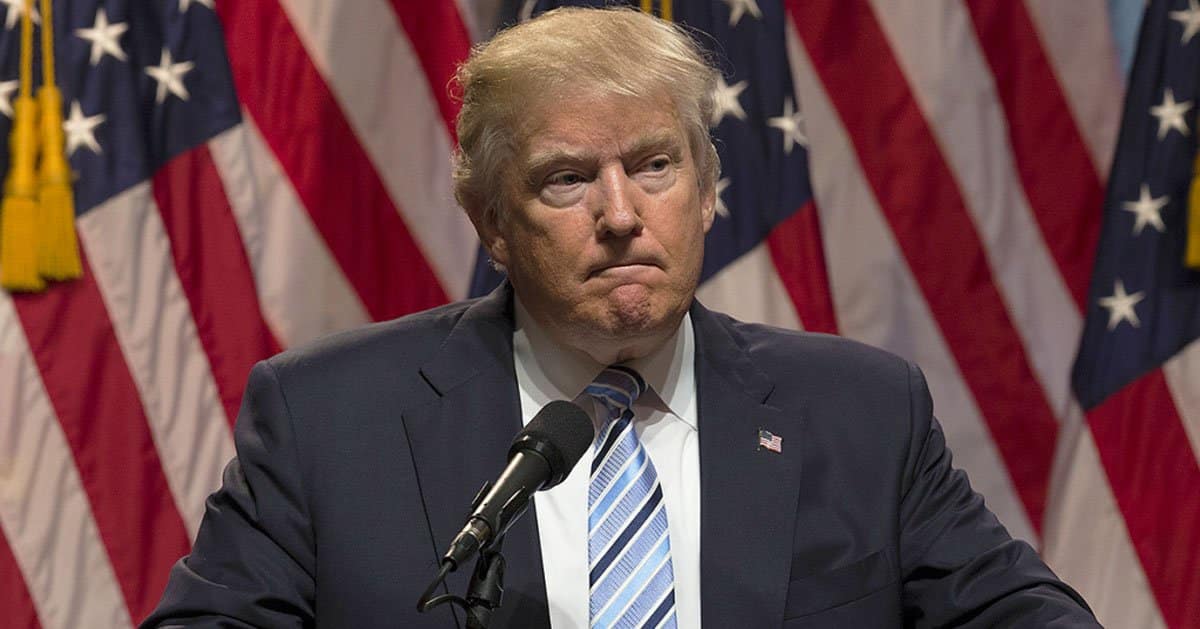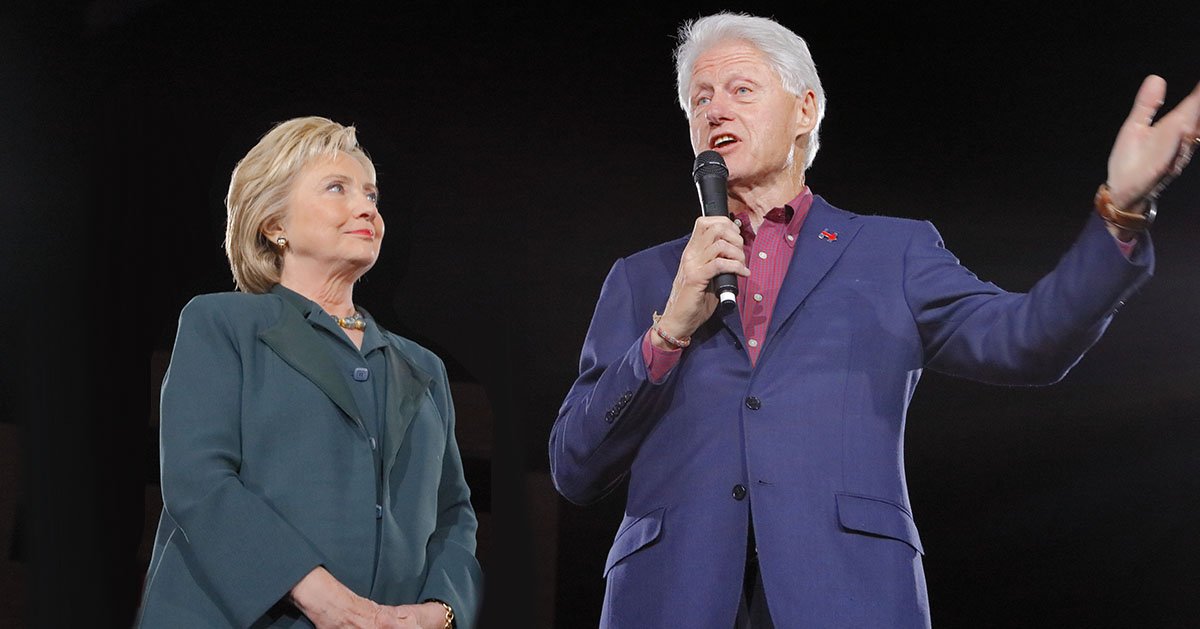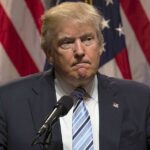Newsweek reported that Fetterman aired his grievances on social media, especially targeting coverage tied to Biden's perceived vocal shortcomings during a recent presidential debate.
Following a contentious depiction of President Biden by the media, Senator Fetterman took to defense with a spatial critique particularly aimed at the New York Times.
At the center of the dispute is the way in which these media outlets have reported on events concerning Biden, including his Fourth of July speech.
Reports highlighted an instance where Biden, reportedly recovering from a cold, struggled to express himself clearly, which was seized upon by these publications to question his fitness for office.
Mainstream Media Lost Faith In Biden
The specific article that drew Fetterman’s ire was one by the New York Times, which critically described Biden’s verbal mishaps during his Fourth of July address at the White House. The story pointed out several instances where Biden, amid celebrations, had difficulties articulating his criticisms of former President Donald Trump, causing a media stir about his capability to govern.
This portrayal led to broader media scrutiny just as Biden, who is 81 years old, faces whispered concerns within his own Democratic Party regarding his age and health. These concerns are especially poignant as he mulls over a re-election campaign for 2024.
Fetterman’s defense on X included a screenshot of the contentious New York Times headline, effectively using their own words to challenge their narrative. His accompanying remarks underscored his frustration with what he described as a disproportionate focus on undermining a 'good and decent man' under the guise of journalism.
Amid the ongoing media furor, a Biden campaign spokesperson stepped forward to label the acute focus on Biden's verbal fumbles as "not news." Ammar Moussa, echoing Fetterman, criticized the media’s obsession with these minor issues as pushing past 'the point of absurdity.'
The issues also stirred internal party dynamics, with unnamed Democrats reportedly whispering about the desirability of Biden withdrawing from the next presidential race. Reports even surfaced of Biden allegedly discussing an exit from the 2024 race, which was firmly rebutted by White House senior deputy press secretary, Andrew Bates, calling such claims "absolutely false."
This discord within the Democratic Party and the fierce media critique encapsulates the tensions that often flare when high political stakes, personal health, and media scrutiny intertwine.
New York Times and White House Reactions
The New York Times, caught in the crossfire of this debate, did not immediately respond to Newsweek’s requests for comments. The media outlet remains at the heart of this controversy as it navigates the difficult waters of journalistic integrity and political partisanship.
The White House press team and Fetterman’s office have also engaged in rapid response, attempting to manage the narrative and dampen concerns over Biden's fitness and clarity, while defending his record and leadership.
This incident illuminates the complex interplay between the media’s role in shaping political futures, the strategies of political communication, and the personal dimensions of leadership in high office.
The situation underscores the deeper media dynamics involved in presidential politics, where every word and gesture are parsed with potential implications for political careers and election outcomes.
For supporters of Biden, like Fetterman, the focus on minute gaffes detracts from substantive political discussions and unjustly undermines public perceptions of leadership efficacy.
Meanwhile, those critical of Fetterman's vociferous defense might view it as indicative of an increasingly divided Democratic camp, wherein defending or criticizing the sitting president becomes a litmus test of party loyalty.
As the U.S. moves closer to the 2024 presidential election, the tension between media portrayal and political reality is expected to intensify, bringing debates around media influence and political leadership to the forefront of national discourse.
Conclusion
The ongoing controversy around media portrayal of President Joe Biden’s public speaking portrays the intricacies of modern media-politics relationships, the implications of intra-party dissent, and the delicate balance of political image management in the digital age.
As allegations and defenses mount on both sides, the narrative continues to evolve, exposing the multifaceted influence of media in shaping political landscapes.















